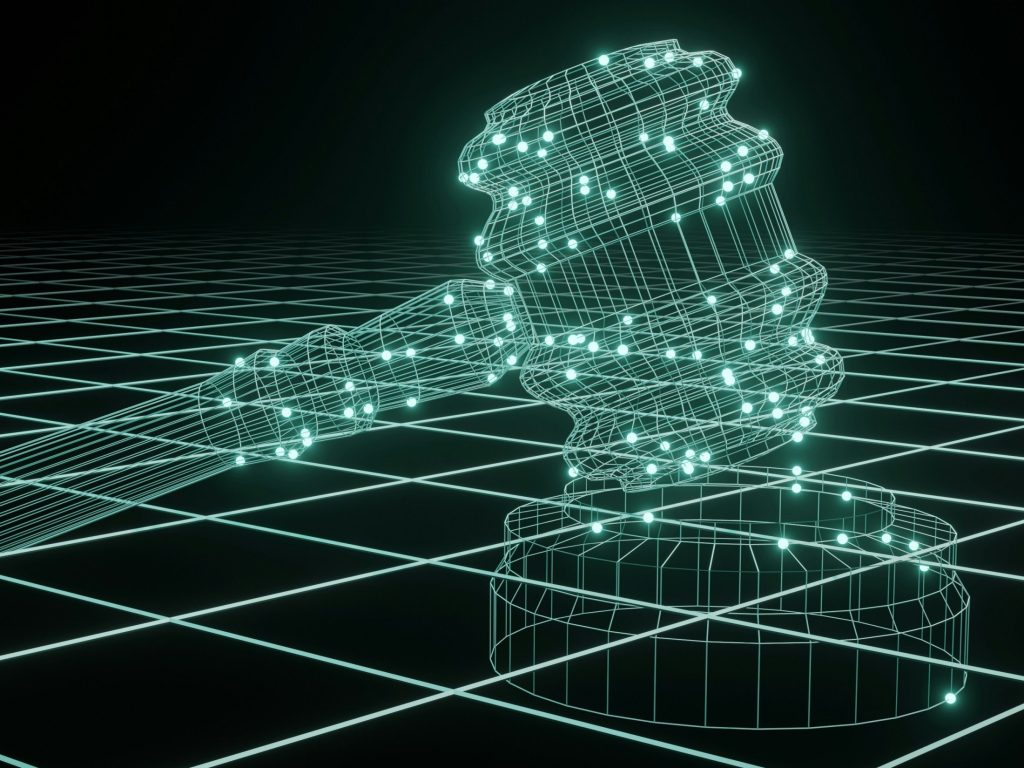US Legal Showdown: Ofcom Faces Pushback Over Online Safety Act Enforcement

The UK’s communications regulator, Ofcom, has found itself embroiled in a significant legal battle in the United States. Two controversial platforms, 4chan and Kiwi Farms, have launched a lawsuit against Ofcom, accusing the regulator of overreach in enforcing the UK’s Online Safety Act on American companies. This case delves deep into issues of free speech, international law, and the extent to which national legislation can or should impact the global internet.
What Sparked the Legal Battle?

Pexels
4chan and Kiwi Farms allege that Ofcom has exceeded its jurisdiction by attempting to impose UK internet regulations on platforms based entirely in the United States. The lawsuit, filed on August 27, 2025, challenges the Online Safety Act’s applicability to foreign entities, arguing that such enforcement not only violates American constitutional principles, particularly the First Amendment, but also disrupts the protections afforded under Section 230 of US law. Section 230, a fundamental pillar of American internet legislation, ensures that platforms cannot be held liable for user-generated content.
Through a series of communications described in the complaint as “coercive threats,” Ofcom reportedly demanded compliance with the Online Safety Act by issuing fines and threats of imprisonment. For instance, 4chan claims to have faced a proposed £20,000 fine and additional daily penalties for failing to meet the regulator’s requirements. Kiwi Farms recounts receiving similarly forceful advisory notices that dismissed the fact they have no UK offices or operations. The platforms insist that such actions attempt to erase the boundaries between domestic and international jurisdiction, setting a dangerous precedent.
A Clash of Laws and Free Speech Rights

Pexels
Central to this dispute is the Online Safety Act, which gives Ofcom extensive powers to monitor and regulate any online service accessible within the UK, regardless of where the service is headquartered. Critics have argued that the Act significantly undermines free speech while imposing exorbitant compliance burdens on businesses. The lawsuit highlights specific provisions, such as requirements for platforms to remove vaguely defined harmful content and implement age verification measures, as direct threats to anonymous speech, a cornerstone right in the United States.
Further complicating the matter is the claim from 4chan and Kiwi Farms that Ofcom seeks to effectively become “the global censor” of the internet. The lawsuits allege that the regulator’s activities disregard established international treaties, specifically the US-UK Mutual Legal Assistance Treaty, which exists to ensure cooperation in enforcing cross-border legal obligations. This perceived overreach has been criticized not only domestically within the UK but also from international observers wary of the global implications.
Broader Implications for the Internet

Pexels
This case is more than just a dispute between UK and US entities; it shapes the broader discussion about how internet regulations align—or clash—across borders. Supporters of the lawsuit argue that submitting to Ofcom’s demands could embolden other nations to enforce localized internet laws globally, potentially stifling innovation and competition in the tech industry. Meanwhile, Ofcom and supporters of the Online Safety Act insist that such measures are necessary to address harmful content and ensure online safety for UK citizens.
The implications of this legal battle could ripple far beyond these two platforms. If successful, the lawsuit may significantly curb Ofcom’s ability to enforce the Online Safety Act on foreign-based services, potentially encouraging other platforms to resist compliance. On the other hand, a ruling in favor of Ofcom might empower other countries to enact similar laws with a worldwide reach, creating a fragmented internet landscape governed by conflicting regional requirements.
As tensions escalate, the case has captured the attention of governments and internet users globally. Both the White House and privacy advocates in the UK are watching closely, recognizing the potential for the fallout to reshape internet governance. For many, this is not just a battle over regulatory authority but a fight to protect foundational freedoms in the digital age.




